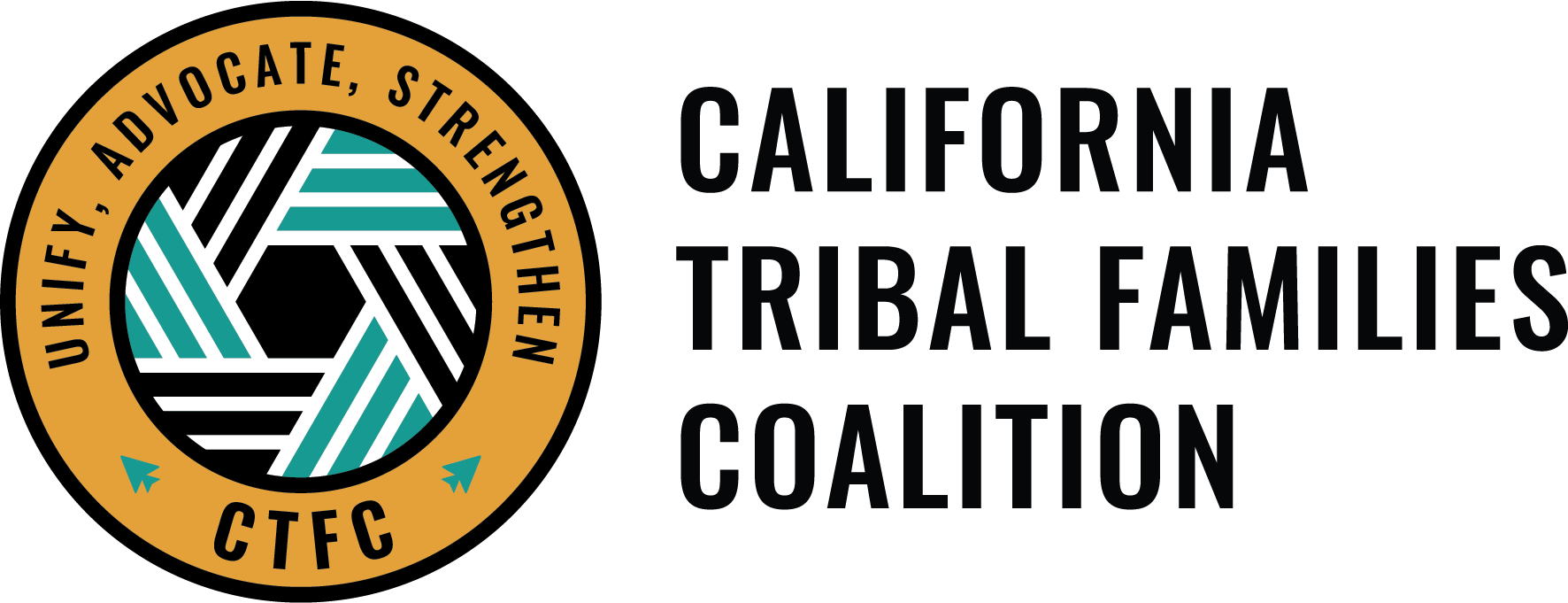
- Details
- By Native News Online Staff
The California ICWA Institute—a new project under The California Tribal Families Coalition— will bring together tribal leaders and policymakers to craft legal and political strategies in defense of Native American youth and tribal sovereignty under attack.
In early November, the Supreme Court of the United States heard oral arguments for Haaland v. Brackeen, a highly contested case out of Texas that challenges the constitutionality of the Indian Child Welfare Act (ICWA). Congress passed ICWA in 1978 after a national effort to address the widespread practice of removing American Indian children—members of federally recognized tribes—from their homes and placing them with non-Native, white families.
“The Brackeen case is not the first attack on ICWA, and it will not be the last. Now more than ever, the Institute is critically needed to counter the well-resourced and coordinated interests who continue to strike against the Indian Child Welfare Act and tribal sovereignty,” California Tribal Families Coalition Board Chairperson Maryann McGovran, a tribal council member of the North Fork Rancheria of Mono Indians in California, said in a statement.
Opponents of ICWA argue that the law discriminates on the basis of race and prioritizes the interest of tribes over the needs of the Native children it is supposed to protect. The challenge of ICWA has been brought by the state of Texas and three non-Native couples that have sought to adopt or foster three Native children, with one couple being supported by the mother of a child that was adopted.
McGovran added that bringing together thought leaders and experts in tribal social services will help to develop proactive strategies to counteract ongoing threats to Native culture and child removal.
The think tank will create official reports on the legal standing and interest of tribes in child welfare proceedings; develop a model for California state statutes that preserve tribal rights to participate in state child welfare proceedings and the right of tribes to protect their members in tribal child welfare proceedings; and draft models of legal briefs to support impactful litigation efforts to protect tribal roles in child welfare related cases, according to the agency’s press release.
CTFC has already begun meeting with tribal leaders and stakeholders to gather stories and perspectives.
More Stories Like This
50 Years of Self-Determination: How a Landmark Act Empowered Tribal Sovereignty and Transformed Federal-Tribal RelationsTlingit Haida Tribal Business Corporation Clarifies Federal Contracting Work
Homeland Tour Offers Deeper Understanding, Appreciation of Chickasaw Roots
Klamath Tribes Seek to Reverse Judge’s Removal in Water Rights Case
Tunica-Biloxi Chairman Pierite Elected President as Tribal Nations Unite Behind New Economic Alliance
Help us defend tribal sovereignty.
At Native News Online, our mission is rooted in telling the stories that strengthen sovereignty and uplift Indigenous voices — not just at year’s end, but every single day.
Because of your generosity last year, we were able to keep our reporters on the ground in tribal communities, at national gatherings and in the halls of Congress — covering the issues that matter most to Indian Country: sovereignty, culture, education, health and economic opportunity.
That support sustained us through a tough year in 2025. Now, as we look to the year ahead, we need your help right now to ensure warrior journalism remains strong — reporting that defends tribal sovereignty, amplifies Native truth, and holds power accountable.
 The stakes couldn't be higher. Your support keeps Native voices heard, Native stories told and Native sovereignty defended.
The stakes couldn't be higher. Your support keeps Native voices heard, Native stories told and Native sovereignty defended.
Stand with Warrior Journalism today.
Levi Rickert (Potawatomi), Editor & Publisher


